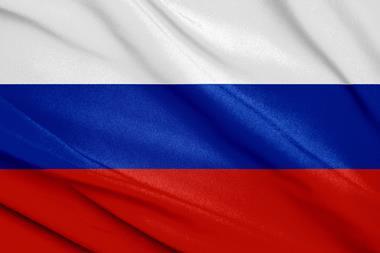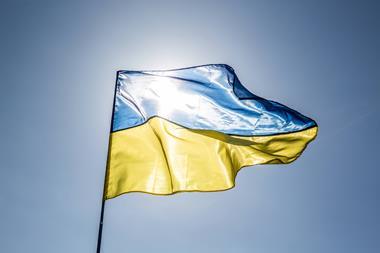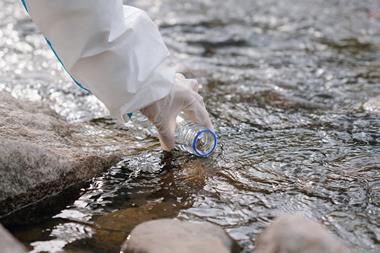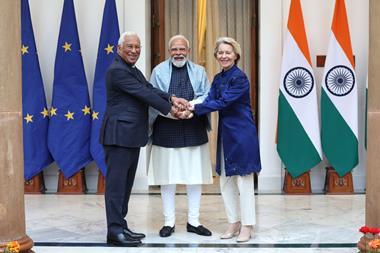Academics call for immediate action to support Ukrainian scholars at risk
Among three million people who have already left the war zone in Ukraine and are seeking refuge in other countries, there are many talented scientists who had to flee to save their lives and the lives of their families. Their immediate move to established research institutions in western countries would not only bring them to safety but also greatly benefit science and engineering worldwide.
The past contributions of Ukrainians who escaped prior wars have been large and multifaceted. Just consider Igor Sikorsky, who was born in Kyiv in 1889. He shares the same alma mater – Kyiv Polytechnic, which proudly displays Sikorsky’s name nowadays – with some of the signatories of this letter. He immigrated to the US in 1919, founded the Sikorsky Aircraft Corporation in 1923, developed the first ocean-crossing flying boats and the first American helicopter. Another prominent scientist, Stepan Timoshenko, was born near Chernigov in 1878 and later immigrated to the US, and became the father of engineering mechanics and the theory of elasticity underpinning modern mechanical engineering.
We, scientists of Ukrainian, Russian and Belarusian descent, currently working in the US, UK and Canada, resolutely condemn aggression against Ukraine and call for the Russian government to stop the military operation in Ukraine. We call for far-reaching support to Ukrainian scientists who have been deprived of an opportunity to perform research at their home institutions and study at their home universities because of destruction and death brought by the war in Ukraine. In order to protect lives and the intellectual potential of Ukrainian scientists, we request immediate actions by our governments, science funding agencies, non-profit organisations and private foundations:
- Establish fast track visa processes for Ukrainian scientists and their families that shortcut very slow routines in scientific institutions and consulates;
- Establish emergency funding programmes to support temporary research positions for Ukrainian scientists for their immediate relocation to western universities and research institutes;
- Provide additional funding for continuing study and training of Ukrainian students and postdocs;
- Open the door to a fast track route to residence status for Ukrainian scientists and engineers.
It might be a long journey before science and engineering in an independent Ukraine will flourish again. We are confident that it will eventually happen. Many saved scientists will go back to rebuild Ukraine and some others will stay here to make our countries stronger and support close collaboration with Ukraine. We believe that the end of the dark ages imposed by Vladimir Putin on Russia will also come to an end. His military defeat in Ukraine will hasten the end of temporary kleptocracy and facilitate the free flow of worldwide scientific exchange and collaboration of free people from all countries.
Vladimir Tsukruk
Regents professor, Georgia Institute of Technology, US; Fellow of American Physical Society, Materials Research Society, American Chemical Society, and Fulbright Fellow
Oleg Gang
Professor, department of chemical engineering, Columbia University and Brookhaven National Laboratory, US; Fellow of the American Physical Society
Andre Geim
Regius professor of physics and Royal Society research professor at the National Graphene Institute, University of Manchester, UK; 2010 Nobel laureate
Yury Gogotsi
Charles T and Ruth M Bach distinguished university professor and director of the A J Drexel Nanomaterials Institute, Drexel University, US; Fellow of the Royal Society of Chemistry and Materials Research Society
Alexei Kornyshev
Professor of chemical physics, department of chemistry, Imperial College, UK; Fellow of the Royal Society of Chemistry, Institute of Physics and Danish Academy of Science
Nicholas Kotov
Irving Langmuir distinguished university professor in chemical sciences and engineering, University of Michigan, US; Fellow of the Royal Society of Chemistry
Eugenia Kumacheva
Distinguished university professor, University of Toronto, Canada; Fellow of the Royal Society of Canada and the UK Royal Society
Konstantin Novoselov
Langworthy professor, school of physics and astronomy, University of Manchester, UK; 2010 Nobel laureate
Oleg Lavrentovich
Trustees research professor, Kent State University, US; Fellow of the American Physical Society and International Society for Optical Engineering
Igor Luzinov
Kentwool distinguished professor, department of materials science and engineering, Clemson University, South Carolina, US
Dmytro Perepichka
William C MacDonald professor of chemistry and chair of the department of chemistry, McGill University, Canada
Dmitri Talapin
Ernest DeWitt Burton distinguished service professor, department of chemistry and James Franck Institute, University of Chicago, US; Fellow of the Royal Society of Chemistry
This letter was originally published on the website of the Georgia Institute of Technology and is reproduced here with permission of the authors.












No comments yet